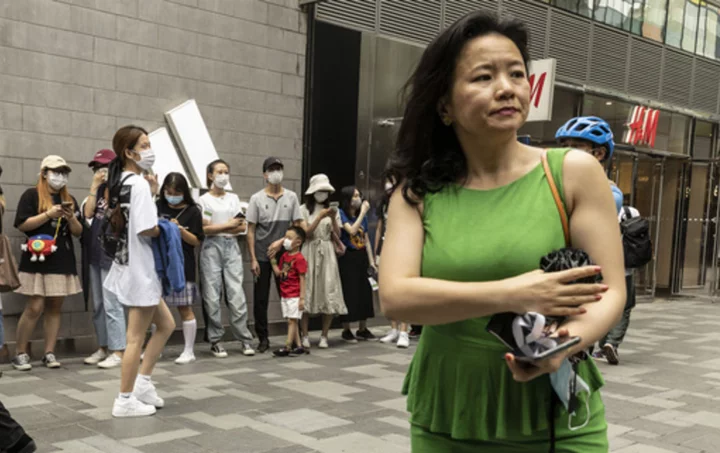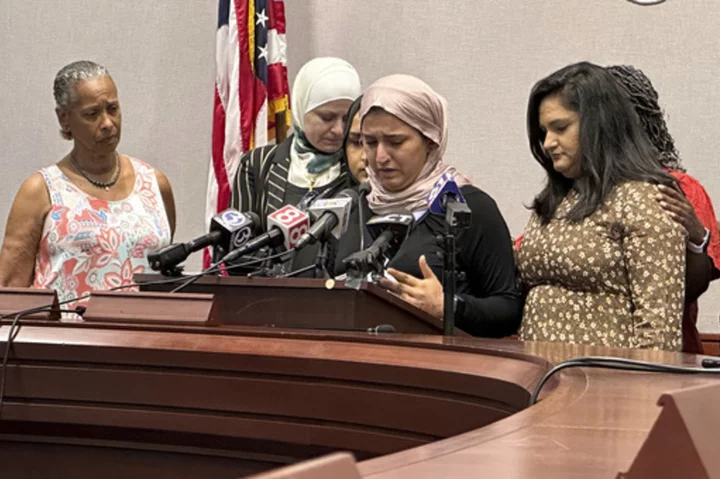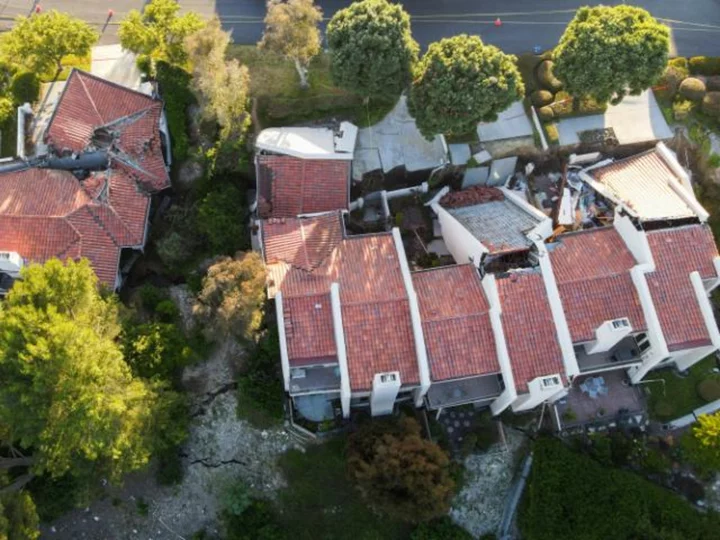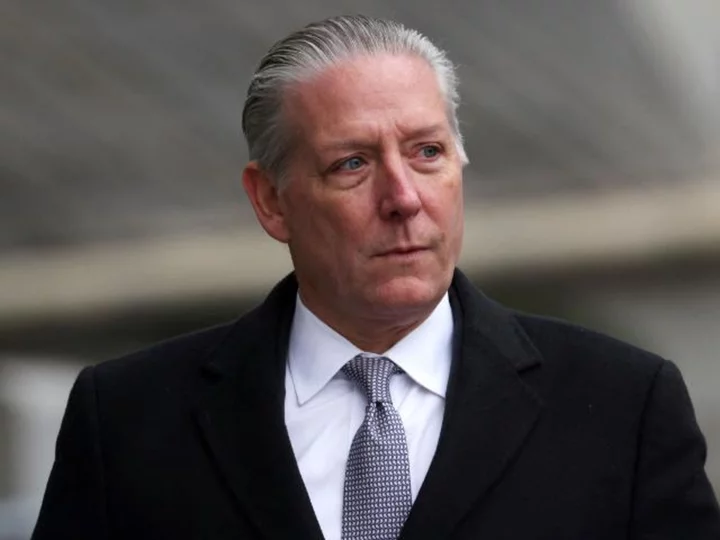BEIJING (AP) — A Chinese-Australian journalist who worked for China’s state broadcaster and was convicted on murky espionage charges has spoken out about the harsh conditions of her detention.
Cheng Lei has been held for three years, and although found guilty on national security charges at a closed-door trial last year, has yet to be sentenced.
She is allowed to stand in the sunlight for only 10 hours a year, hasn't seen a tree since she was detained, and deeply misses her daughter and son, now entering high school, Cheng said in a statement conveyed to an Australian diplomat and released to local media.
“I relive every bushwalk, river, lake, beach with swims and picnics and psychedelic sunsets, sky that is lit up with stars, and the silent and secret symphony of the bush,” Cheng said in the statement read by her partner Nick Coyle on the Australian Broadcasting Corp.
“I secretly mouth the names of places I’ve visited and driven through,” Cheng said. “It is the Chinese in me that has probably gone beyond the legal limit of sentimentality. Most of all, I miss my children.”
Australian Foreign Minister Penny Wong said it would continue to support Cheng and her family and advocate for her interests and wellbeing.
“Ms. Cheng’s message to the public makes clear her deep love for our country,” Wong said in a statement. “All Australians want to see her reunited with her children.”
Wong said Australia had consistently advocated for Cheng and “asked that basic standards of justice, procedural fairness and humane treatment to be met for Ms. Cheng, in accordance with international norms.”
Coyle said Cheng had been allowed to write to him since last September. He said the most difficult thing for her was the toll that the long-term separation from her children was taking. He said she hoped to send a message to Australians in her statement.
“It's trying to communicate with the Australian people who she is, and what she loves about her country,” Coyle told the ABC. “It's a country that she feels very lucky to have come to at a very young age and had the benefit of our warmth and multicultural nature, and education, and way of life. So she misses it."
Cheng, 48, moved with her family to Australia at age 10. She returned to China to work for the international department of state broadcaster CCTV. The details behind her detention and trial remain sealed. China's authoritarian system gives prosecutors broad powers to level charges of spying or leaking state secrets with little or no evidence, and Cheng could face years of prison.
Chinese authorities have also been accused of holding foreign nationals, particularly those born in the country, to obtain diplomatic gains or the return of Chinese citizens abroad wanted on a variety of charges. China's relations with Australia have recently improved after China put them on freeze over Canberra's accusations of Chinese political interference and intimidation of the local Chinese community.









